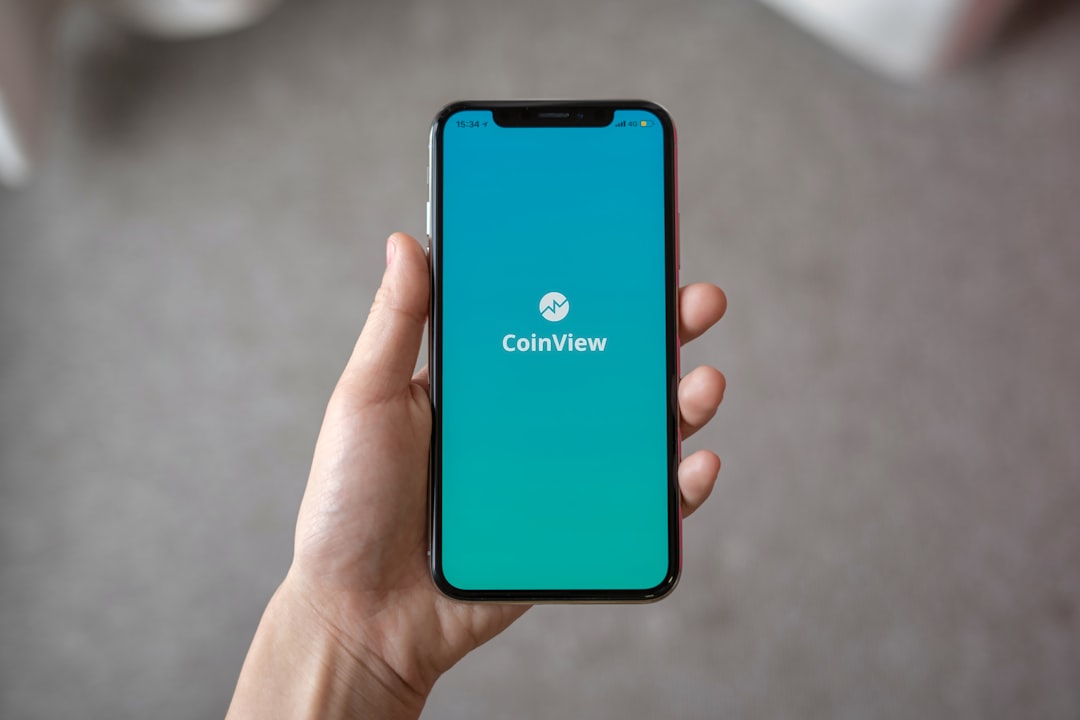In Georgia, debt collector harassment laws under the Fair Debt Collection Practices Act (FDCPA) protect consumers from abusive practices. A qualified debt collector lawyer ensures fair treatment, guides rights, documents harassment, and takes legal action against unethical collectors, offering financial compensation for violations including false statements, threats, and repeated contact after disputes.
In Georgia, understanding debt collector harassment laws is crucial for consumers facing aggressive collection tactics. With the help of a debt collector lawyer Georgia, individuals can protect their rights and navigate the complex legal landscape. This article delves into the state’s regulations, empowering consumers with knowledge about their rights. We explore common unethical practices and guide you through legal actions available against debt collectors, ensuring fair treatment during financial struggles.
Understanding Debt Collector Harassment Laws in Georgia

Understanding Debt Collector Harassment Laws in Georgia is crucial for both debtors and creditors alike. In Georgia, debt collectors are governed by state and federal laws designed to protect consumers from abusive or unfair practices. A debt collector harassment lawyer in Georgia can help navigate this complex landscape, ensuring that your rights are respected throughout the collection process.
Debt collector harassment often manifests as persistent, unwanted contact, threats, or false representations. It’s illegal for collectors to call you repeatedly at inconvenient times, use abusive language, or lie about the debt they’re trying to collect. Georgia law provides specific guidelines on when and how debt collectors can communicate with debtors, setting clear boundaries to prevent harassment. A lawyer specializing in debt collector law in Georgia can help you understand these rules and take action if your rights have been violated.
Rights of Consumers: What You Need to Know

In Georgia, consumers have specific rights when it comes to debt collection practices. According to the Fair Debt Collection Practices Act (FDCPA), debt collectors must adhere to certain guidelines when communicating with individuals about their debts. Consumers are protected from abusive, unfair, or deceptive acts by debt collectors, including frequent and harassing phone calls, false threats, or misrepresenting the amount owed.
If you feel that your rights have been violated by a debt collector in Georgia, it is advisable to consult a qualified debt collector lawyer. Legal professionals specializing in this area can guide you through the process of understanding your rights, documenting instances of harassment, and taking appropriate legal action against the offending party. They can help ensure that debt collectors operate within the boundaries set by law, providing consumers with peace of mind and protection from unethical collection practices.
Legal Actions Against Unethical Debt Collection Practices

If you’re facing relentless or unethical debt collection practices in Georgia, it’s crucial to know that there are legal avenues for recourse. A debt collector lawyer in Georgia can guide you through the complexities of state and federal laws designed to protect consumers from harassment and abusive tactics. These laws not only provide a framework for addressing unfair collection methods but also offer financial compensation for violations.
Unethical debt collection practices can include false or misleading statements, threatening language, contact at inconvenient times, and repeatedly contacting individuals who have disputed the debt. A debt collector lawyer will help you understand your rights, gather evidence of the harassment, and take appropriate legal action against the offending party. This could result in a settlement that covers not only the original debt but also damages for emotional distress caused by the harassment.






